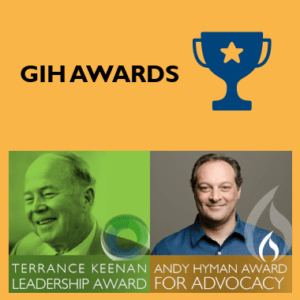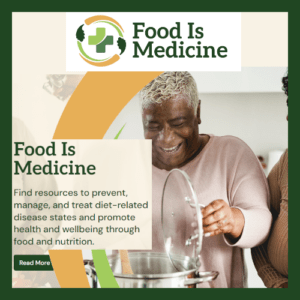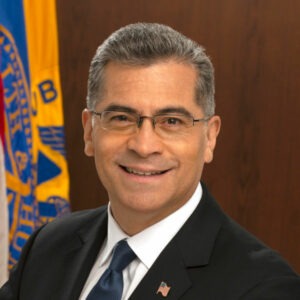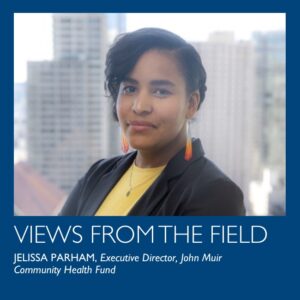Humana Foundation Advances Equity Through Community-Engaged Research Practices
Grantmakers In Health’s Maya Schane spoke with Heather Hyden and Soojin Conover of the Humana Foundation about the Foundation’s recently published report, Strengthening Science and Community Impact Through Equitable Research Practices. The report examines innovative research methods adopted by the Foundation’s partners to promote health equity in public health research through community-engaged research practices.
Collaborating for Impact: Providing Trust-Based Grantmaking and Technical Assistance to Support Local Resilience to Extreme Weather Events
In the last few years, there has been an increased number of extreme weather events, including wildfires, tornadoes, hurricanes, floods and heatwaves in the United States. In 2023, the United States experienced 28 disasters that cost at least $1 billion, the largest number of billion-dollar disasters in a single year on record (Smith 2024). While some areas of the country are more susceptible to these threats, there are no regions immune to disasters. According to a recent Gallup poll, 37 percent of adults in the United States report they have been personally impacted by at least one extreme weather event in the last two years, which is higher than the 2022/2023 survey result at 33 percent.
Supporting Communities Recovering from Hurricanes Helene and Milton
Grantmakers In Health (GIH) is saddened by the devastation wrought by Hurricane Helene in communities across the southeastern United States, affecting many of our Funding Partners and the people they serve. However, we are heartened to see the strong show of support from philanthropy, government, businesses, and individuals to help those affected by the storm recover.
Grantmakers In Health Seeks Nominations for 2025 Leadership and Advocacy Awards
Grantmakers In Health is pleased to announce a call for nominations for both its Andy Hyman Award for Advocacy and Terrance Keenan Leadership Award in Health Philanthropy.
Biden-Harris Administration Announces $75 Million Investment in Rural Health Care
The Health Resources and Services Administration (HRSA), an agency of the U.S. Department of Health and Human Services (HHS), announced nearly $75 million to support health care services in rural America. Funding will launch new opioid treatment and recovery services in rural communities, strengthen maternal health care in the South, and help rural hospitals stay open.
Developing an Equitable Nonprofit Ecosystem: A New Funding Framework for Emerging, BIPOC-Led Grantees
In philanthropy, it is standard due diligence practice to vet potential grantees on their list of current, past, and future funders as a way to mitigate our perceived risk. However, this approach can put many emerging, grassroots, and BIPOC-led organizations out of contention for initial funding. The John Muir Community Health Fund has shifted the way we fundamentally see risk, and instead, have embraced the opportunity to fund emerging organizations that address social determinants of health by providing monetary support, capacity building, and ultimately a proof of concept that propels grantees to long-term sustainability.






